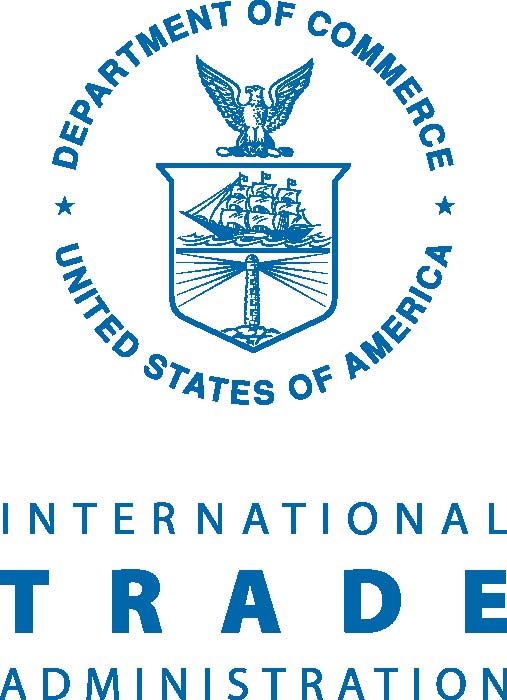Change In Scope of MDCP Project
|
||||||
Most changes in the work plan of an MDCP project are handled informally in the process of coordination and planning among members of the combined project team (federal and cooperator). An example could be rescheduling planned activities such as a trade show, or changing destination cities for a trade mission from cities A, B, and C to B, C, and D. These types of changes should be agreed among the combined team and memorialized, usually simply as emails. For some changes, however, a formal approval is required. When the proposed changes go beyond modifications to an established workplan, a change in the scope of work is required. Probably the most common change in MDCP project scope is dropping a target market and replacing it with another. Another, much less common request would be a change in industry focus. Such changes require greater scrutiny because we need to preserve the integrity of the program, specifically the process for selecting proposals to fund. Each applicant competed based on what it proposed in its application. When an applicant wins an MDCP award and becomes a cooperator, there needs to be a compelling reason why it should be able to change core elements of its projects. Otherwise, the MDCP competition might be perceived as one where applicants can pitch one idea that ITA deems worth funding but then pursue very different projects that might not have been as competitive. If such changes were granted easily and without justification, it would become apparent that a that “bait and switch” is an effective way to promise one thing in an application and deliver something much less useful after the award is made.
|
||||||
An MDCP applicant's choice of target market(s) is an important determinant of the scope of a project. It may have a significant impact on ITA's decision about which proposed applications to fund and which not to fund. Accordingly, any post-award change to the scope of work, including dropping one target market for another, must be approved by ITA and the Grants Officer before any such change is implemented by the cooperator. --------------- Information on this page is specific to possible change in scope with regard to MDCP projects. This may be all you need in order to proceed. But if you want a detailed general explanation, you can refer to this Grants Online page on award action requests: no-cost extensions.
|
||||||
